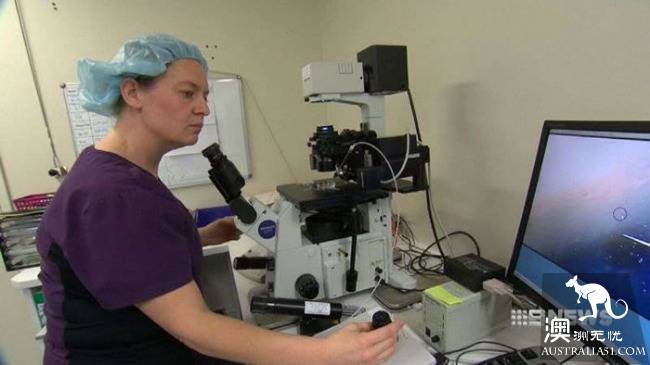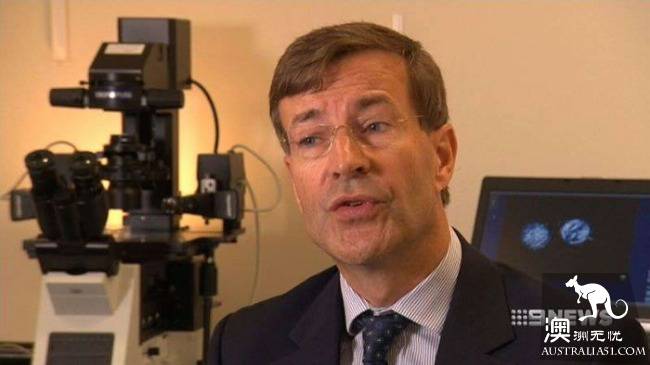As the number of test-tube babies soars, Perth's experts are studying the cause of the growing infertility problem.
According to statistics, one in every six couples in Australia needs help, one in every 25 children is born in a tube, and one in seven mothers is pregnant in a tube over the age of 37.

Experts attribute it to factors such as late childbearing and frequent exposure to pollutants and chemicals.
Preliminary research by Professor Roger Hart (Roger Hart), a fertility expert at Perth, suggests that some common items in the family may cause fertility problems to worsen.

"preliminary data suggest that exposure to plastic and environmental pollutants can adversely affect eggs and sperm," Professor Hart said.
"based on our assessment of the sperm count and testicular size of 20-year-old men, we found that if their mothers were exposed to phthalates, a common chemical in plastics and cosmetics, their sperm count would be reduced. The testicles are also smaller. "
As for girls, the preliminary study showed a similar effect, with smaller ovaries.
Daily cleaning products, cosmetics, nail polish, hair gel and perfume contain phthalates.

Professor Hart presented his research to the American Society of Reproductive Medicine (ASRM) last year, urging people to minimize the use of products containing the chemical.
"less contact with cleaning fluid to minimize the use of cosmetics and hair dyes. There are other chemicals that we may not have thought of. And try to minimize exposure to plastics. "
The professor also found that men's health may have a negative impact on sperm composition and numbers.
He says men need to control their weight because being overweight lowers testosterone levels.
"sperm numbers are reduced and may damage DNA, in sperm, which is important for early embryo development. It may even increase the risk of abortion for women, "he said.
He also found that women with smoking partners need twice as many test tube cycles to conceive.
As more couples seek fertility treatment, Professor Hart believes the future of fertility therapy is to properly grasp the timing of putting the embryo into the womb, in combination with the condition of the endometrium.
"it may be wrong for us to put the embryo back in the right place. I hope we can do some sampling or cleaning the endometrium, and then measure the endometrium. This is the direction of future research. "